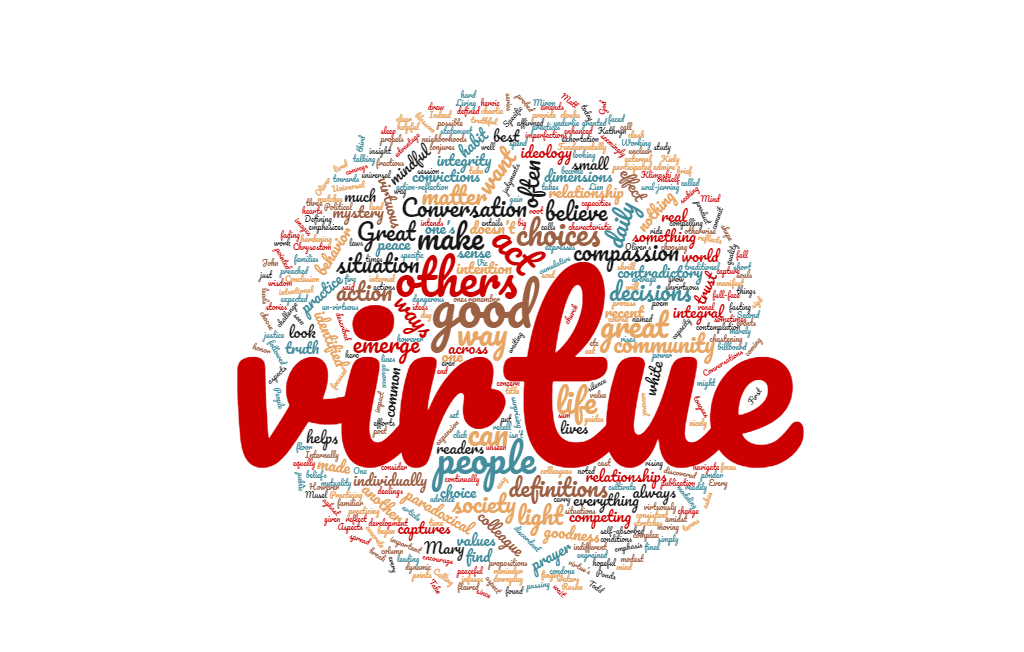Exploring Key Terminology in Islam and Muslim Culture
Allah:
The Arabic word for God, the Creator of the universe. It is also used in Arabic versions of the Bible.
Allahu Akbar:
God is greater or greatest.
Arabs:
A race of people that share the Arabic language and culture. Not every Arab is a Muslim. In fact, there are Arab Christians, Jews, and atheists. Arabs make up less than %20 of the Muslim population.
Eid al-Fitr:
An Islamic holiday known as the holiday of the feast which takes place following the annual pilgrimage.
Eid al-Adha:
An Islamic holiday known as the holiday of sacrifice which takes place following the annual pilgrimage.
Fatwa:
An Islamic legal ruling given by a qualified Muslim jurist.
Hadith:
Documents of the Prophet Muhammad’s sayings.
Hijab:
The covering Muslim women wear for religious reasons.
Imam:
A religious leader. Someone who leads prayers and a congregation.
Islam:
The religion that Muslims follow.
Jihad:
To struggle in God’s cause. This could include physical self-defense such as fighting a home invader or kidnapper, it can also include struggling to resist temptation or sins.
Jumuʿah:
The weekly congregational prayer that takes place every Friday.
Kaʿba:
A cubic structure built by Prophet Abraham in the city of Mecca. It is Islam’s holiest site. Muslims do not worship the Kaʿba but face it during prayer.
Masjid:
The Arabic word for mosque.
Middle Eastern:
The Middle East and Middle Easterners are defined by a geographic region. Not every country in the Middle East is an Arab country. For example, Iran and Turkey are not Arab countries. Similarly, there are Arab countries that are in Africa, such as Morocco, and not part of the Middle East.
Muslim:
A Muslim is someone who follows Islam.
Quran:
The Quran is the holy book of Muslims revealed to Prophet Muhammad peace be upon him.
Sharia:
A comprehensive term used to describe Islamic law. It includes recommended actions of worship, kindness, and rights of individuals and society.
Shia:
Shia are a minority Muslim sect. They believe that Ali, the Prophet’s cousin and son in law, should have been selected to lead the Muslim community after the Prophet’s death.
Sunna:
The Prophet Muhammad’s practices. For example, the Prophet Muhammad peace be upon him used to eat with his right hand. Therefore, Muslims eat with their right hand to follow the Sunna.
Sunni:
The largest sect within Islam. Most Muslims, approximately 90%, are Sunni Muslims.


